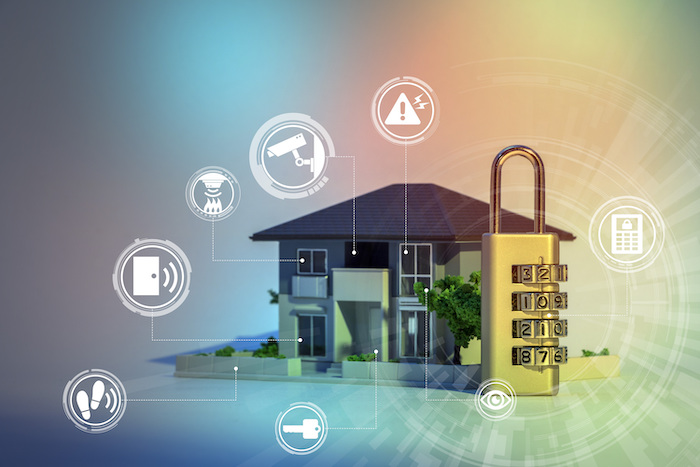
Blog
Having a Strong Security Mindset: Being Aware of Your Surroundings

In today’s fast-paced world, personal safety and security are paramount. Whether you are walking alone at night, traveling to unfamiliar places, or even just going about your daily routine, having a strong security mindset is crucial to ensure your own well-being. One of the key elements of developing this mindset is being aware of your surroundings.
Being aware of your surroundings means paying attention to the environment you are in and the people around you. It involves being alert, observant, and making conscious efforts to notice potential threats or dangerous situations. By practicing situational awareness, you can significantly minimize the risks and stay one step ahead in terms of personal safety.
Here are a few tips to help you develop a strong security mindset and be aware of your surroundings:
1. Trust your instincts:
Always listen to your gut feelings, as they are often right. If something feels off or uncomfortable, don’t dismiss it. Trust your intuition and take appropriate actions, such as changing your route, seeking out a safe space, or asking for help.
2. Avoid distractions:
In today’s digital age, it is easy to become engrossed in our phones, tablets, or headphones. However, being distracted by technology can make you an easy target for potential criminals. Make an effort to limit distractions and keep your focus on your surroundings, especially in public places or unfamiliar environments.
3. Scan your surroundings:
As you navigate through your day, make a habit of scanning your surroundings and taking note of potential hazards or suspicious activities. Pay attention to people who may be acting strangely or displaying odd behavior. Look for exits, emergency signs, and other safety resources in your vicinity.
4. Be mindful of your body language:
Your body language can convey a lot about your confidence and alertness. Stand tall, walk with purpose, and maintain good eye contact with those around you. Criminals often target individuals who appear vulnerable or unaware, so projecting confidence can deter potential threats.
5. Trustworthy companions:
When possible, travel with trusted companions. Having a buddy system not only enhances your security but also provides an extra pair of eyes to help you stay aware of your surroundings. It is easier to miss potential dangers when you are alone, so having someone else with you can be an invaluable safety measure.
6. Educate yourself on potential threats:
Take the time to learn about common security threats in your area or the places you plan to visit. This may include researching high-crime areas, understanding local customs and regulations, familiarizing yourself with emergency numbers, or even taking self-defense classes. By being knowledgeable about potential risks, you can better prepare yourself and take necessary precautions to stay safe.
7. Stay updated on current events:
Keeping up with local news and current events can help you stay informed about any security concerns or recent incidents in your community. This information can assist you in making informed decisions about your daily activities and being proactive in avoiding potentially dangerous situations.
8. Maintain good communication:
Ensure that you always have a means of communication readily available. Carry a fully charged mobile phone and have emergency contacts programmed into it. Additionally, share your whereabouts and plans with someone you trust, especially when going to unfamiliar places or engaging in activities that may carry some risk.
In conclusion, developing a strong security mindset and being aware of your surroundings is essential for personal safety. By practicing situational awareness and following these tips, you can significantly reduce your vulnerability to potential threats and respond effectively in dangerous situations. Stay alert, trust your instincts, and make conscious efforts to protect yourself in all aspects of life. Remember, when it comes to security, prevention is always better than cure.
